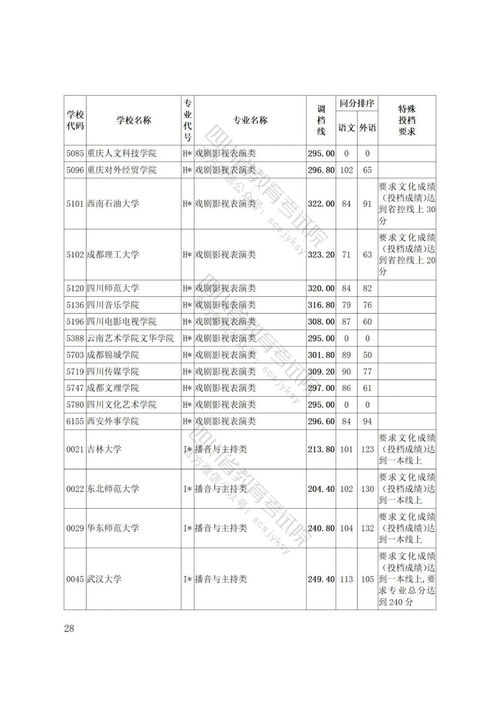**Title: Exploring Sports Science and Related Disciplines**
**Introduction to Sports Science:**
Sports science is a multidisciplinary field that combines aspects of physiology, biomechanics, psychology, and nutrition to understand and enhance human performance in sports and exercise. It encompasses a wide range of disciplines aimed at optimizing athletic performance, preventing injuries, and promoting overall well-being.
**Physiology in Sports Science:**
Physiology plays a fundamental role in sports science, as it involves understanding how the body responds and adapts to physical activity. Topics such as cardiovascular function, respiratory physiology, muscular mechanics, and energy metabolism are essential for optimizing athletic performance. By studying physiological responses to exercise, sports scientists can develop training programs tailored to individual athletes' needs, improving their endurance, strength, and recovery.
**Biomechanics and Sports Performance:**
Biomechanics focuses on the mechanical principles of movement and their application to sports performance. By analyzing factors such as joint angles, forces, and motion patterns, biomechanists can identify optimal techniques for various sports activities. They use technologies like motion capture systems and force plates to assess athletes' movements and provide feedback for enhancing performance and reducing the risk of injuries.
**Psychology and Sports Performance:**
The psychological aspect of sports science examines the mental processes and behaviors that influence athletic performance. Sports psychologists work with athletes to develop mental skills such as goal setting, visualization, concentration, and stress management. They also address issues like performance anxiety, confidence, and motivation, helping athletes maintain a positive mindset and achieve their full potential in competition.
**Nutrition and Sports Performance:**
Nutrition is critical for optimizing athletic performance and supporting recovery. Sports nutritionists design customized dietary plans based on athletes' energy requirements, macronutrient needs, and specific sport demands. They educate athletes on proper hydration, timing of meals, and the importance of nutrient-rich foods for fueling workouts, enhancing muscle growth, and reducing the risk of fatigue and injury.
**Rehabilitation and Injury Prevention:**
Injuries are common in sports, but sports scientists work to prevent them and facilitate athletes' recovery. Sports physiotherapists employ various rehabilitation techniques, including manual therapy, exercise prescription, and injury-specific interventions, to help athletes regain strength, mobility, and function after injury. They also collaborate with coaches and trainers to implement injury prevention strategies like proper warm-up routines, strength training, and biomechanical assessments to minimize injury risk.
**Sports Medicine and Performance Enhancement:**
Sports medicine professionals play a vital role in managing athletes' health and well-being, from injury diagnosis and treatment to performance enhancement. They utilize advanced diagnostic tools such as MRI and ultrasound to assess injuries accurately and develop personalized treatment plans. Additionally, sports medicine physicians may prescribe medications, administer injections, or perform minimally invasive procedures to expedite athletes' recovery and return to play.
**Future Trends and Innovations:**
The field of sports science continues to evolve with advancements in technology, research, and interdisciplinary collaboration. Emerging trends include the integration of wearable sensors for real-time performance monitoring, the use of virtual reality for mental skills training, and the application of genetic testing to personalize training and nutrition strategies. As the understanding of human physiology and performance improves, so too will the ability to optimize athletic performance and promote lifelong health and wellness.
**Conclusion:**
Sports science and related disciplines play a crucial role in enhancing athletic performance, preventing injuries, and promoting overall well-being among athletes. By integrating knowledge from physiology, biomechanics, psychology, nutrition, and rehabilitation, sports scientists can develop comprehensive strategies to optimize performance and support athletes' long-term success in their respective sports. As the field continues to evolve, staying abreast of advancements and interdisciplinary collaborations will be key to driving innovation and achieving new heights in sports performance.


